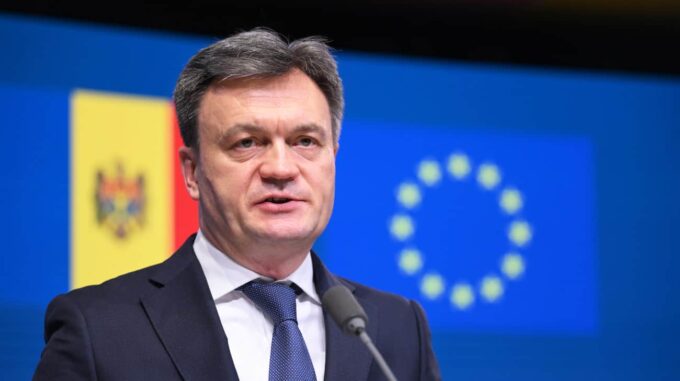Prime Minister of Moldova Dorin Recean made a high-profile statement regarding Russia’s intentions in the region, which is divided between a silent conflict and tense international relations

According to him, the Kremlin is directing significant efforts to strengthen its influence in the country, particularly through the planned deployment of up to ten thousand troops in the unrecognized Transnistria and the establishment of a pro-Russian government in Chisinau, which could drastically change the situation in the region. The source notes that these claims are based on data from Moldovan intelligence and assessments that support concerns about an escalation of Russian intervention in the country’s internal political processes. The politician emphasizes that Moscow aims not only to strengthen its military presence but also to sow discord in Moldovan democracy, which, in his words, is viewed as part of a broader Kremlin strategy for regional control. Rechan states that currently around 1,500 Russian soldiers are present in Transnistria, although most of them are local residents holding Russian passports, which creates additional risks to the stability of the country and the region as a whole. However, Russia’s military presence under its control remains illegal under international law, and Chisinau hopes for the unconditional withdrawal of these forces. The Prime Minister underscores that the deployment of ten thousand Russian troops in Transnistria would pose a serious security challenge not only for Moldova but also for neighboring countries. This would put additional pressure on Ukraine, given the strategic location of the region. He notes that such forces would serve as a continuous threat to southwestern Ukraine, especially in the context of increasing regional tensions and potential provocations. Regarding geopolitical consequences, diplomatic circles emphasize that the presence of Russian troops in Transnistria, as well as their potential deployment in a quantity assessed by the Moldovan side, requires additional international monitoring and response. In the context of current challenges, Russian interference in Moldova’s internal affairs aimed at changing its political course is considered unacceptable. Meanwhile, discussions among analysts continue regarding the military situation in the region and possible scenarios for developments. They highlight that the presence of Russian troops in Transnistria, given its international status and the unrecognized status of the region, remains one of the main threats to stability in Eastern Europe. Considering the history of the conflict, it is evident that Russia seeks to utilize this territory as a tool for pressure on Chisinau as well as to develop military and political influence in the region. At the same time, the international community calls for diplomatic resolution of the situation and prioritizes Moldova’s sovereignty and territorial integrity. Based on these facts, experts stress that the upcoming elections in Moldova will be a decisive moment for determining the country’s future course—whether Moldova can maintain its independence and reduce external pressure, or whether it will pave the way for potential military conflict and increased Russian influence in the region. Overall, the situation in Transnistria remains one of the most volatile and unstable aspects of regional politics, and its development could have far-reaching consequences for security not only in Moldova but also for neighboring countries, notably Ukraine and Romania, a NATO member.

